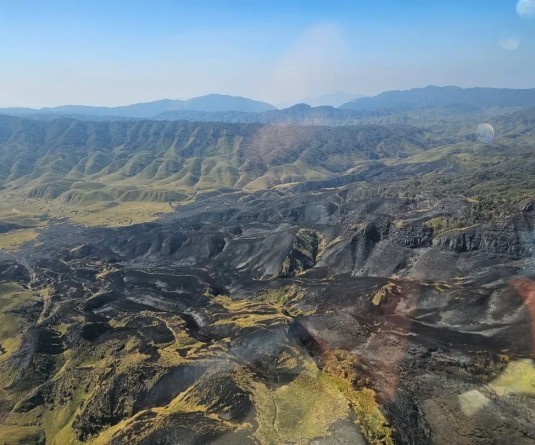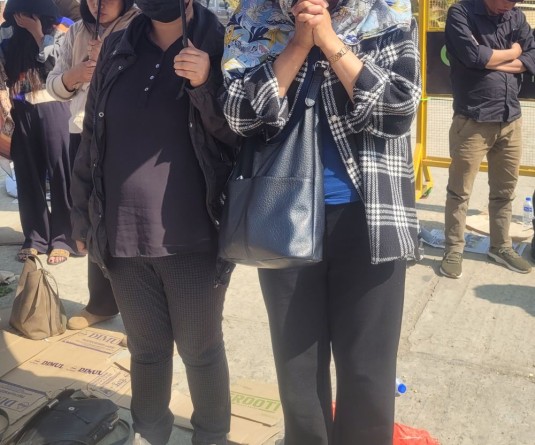
KARBI ANGLONG, SEPTEMBER 20 (MExN): The Rengma Naga Peoples’ Council (RNPC) has voiced strong opposition to a proposed Tiger Reserve that they claim will adversely affect 19 Rengma villages and over 10 villages inhabited by Karbi residents, jeopardizing their agricultural land and livelihoods.
In a press release, the RNPC expressed concern over the marginalization of their people on their ancestral land since India’s independence. They highlighted that significant portions of the Rengma Hills tract have been divided into various administrative units, including Rengma Reserve Forest, Kaliani Reserve Forest, and Nambor Reserve Forest.
The Rengma Hills were established through political proceedings in the 19th century, with East Rengma Mauza and West Rengma Mauza formed via revenue proceedings in 1861. Historical records, including J.P. Mills' writings and John Butler’s 1848 travel account, show that the Rengma community has faced political and economic challenges over the years, including the payment of household taxes to colonial authorities, it stated.
The RNPC noted a significant decline in the Rengma population since 1984 due to displacement and ongoing marginalization.
Stating that the Rengma Nagas of Assam, which has its own unique dialect and traditions is in a vulnerable stage, the RNPC said the ancestral land of the present Rengma Naga inhabit around Keyhang Rincho (Kalapahar) proposed reserve forest and Kaliani Reserve forest and it is the last abode of the Rengma Naga tribe for inhabitation and agriculture practices.
The proposal for a Tiger Reserve, initially suggested in 2012, has faced opposition from tribal organizations in the Nilip block, with some local youth resorting to armed resistance due to fears that the reserve would threaten their villages, it went on to state.
While making clear that it does not oppose the creation of a Tiger Reserve, the RNPC, however, appealed the Assam government to exclude the traditional Rengma Naga inhabited areas of Naga Rengma Mauza and East Rengma Mauza from the proposed reserve. It emphasized that the local population relies heavily on agriculture as their primary source of livelihood and called for a reconsideration of the reserve's boundaries to protect their community and future generations.






